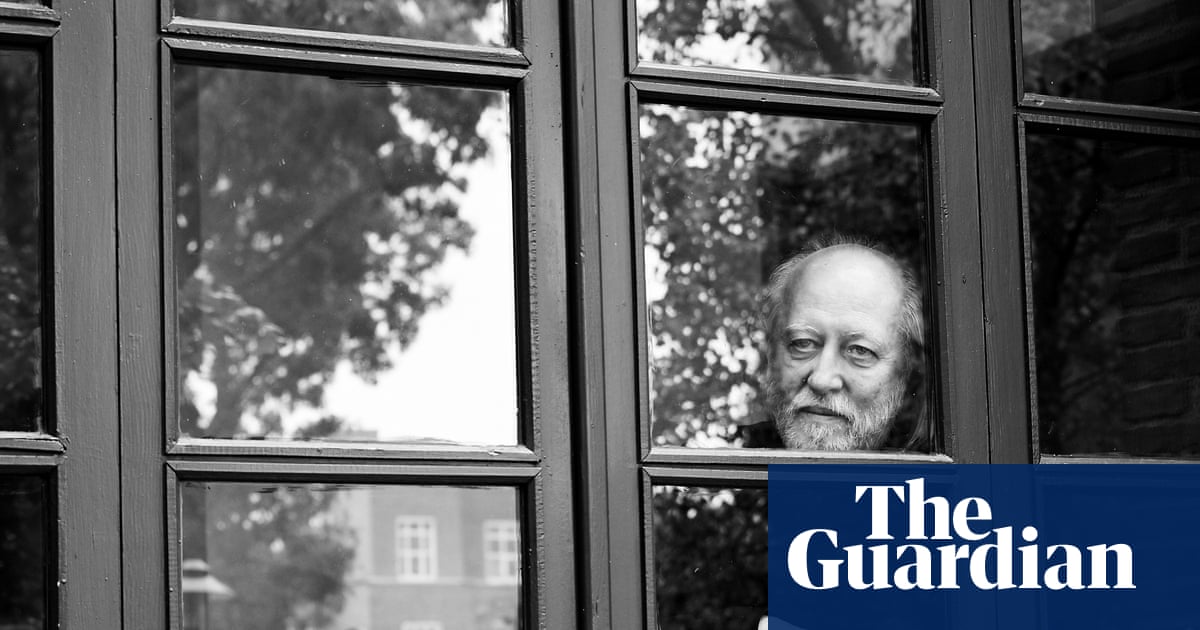
"Krasznahorkai, I noticed, loved the snaking sentence, the high-wire act, mild panic steering towards a shivering fear felt by his characters, followed, in clause after clause, by fitful realisations and further reasons for gloom or alarm, and then, with just a comma in between, ironic (and even comic) responses to what comes next into the mind. These extraordinary sentences had been translated by the poet George Szirtes with considerable rhythmic energy."
"Krasznahorkai who this week was awarded the Nobel prize in literature is concerned with limits, with what can happen if language is pushed further than its own decorous rules might suggest. Or what can happen if consciousness itself is rendered as infinite in its systems and capable of doubling back and feeding on itself before it edges forward again. Or what can happen if knowledge, or action, or memory, or voice, are each incapable of being easily tamed by narrative. For this reason, he is, as a storyteller, fascinated by extremes, by the possibility of apocalypse."
Long, sinuous sentences layer clause after clause to produce mounting unease, ironic asides, and occasional comic responses that alter tonal direction. A translator renders these sentences with rhythmic energy that preserves their high-wire momentum. Prose and related films convey a slow, seething menace with camera movement likened to a cat and an avoidance of easy psychology or obvious motive. Central concerns include limits of language and what occurs when consciousness, knowledge, memory, action, or voice become untameable by conventional narrative forms. Fear and violence are drawn from real sources but displaced into a chosen dark context, heightening their reality while removing familiar political frames.
Read at www.theguardian.com
Unable to calculate read time
Collection
[
|
...
]